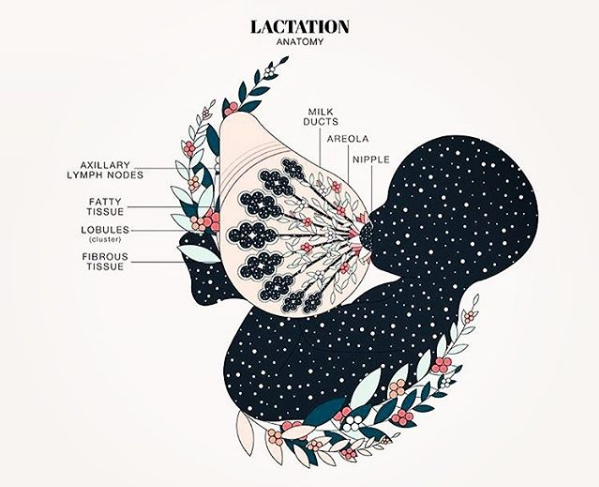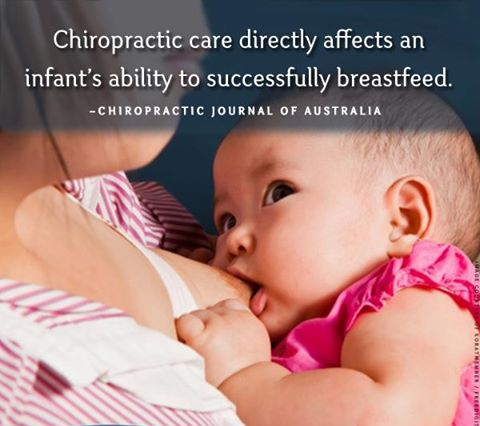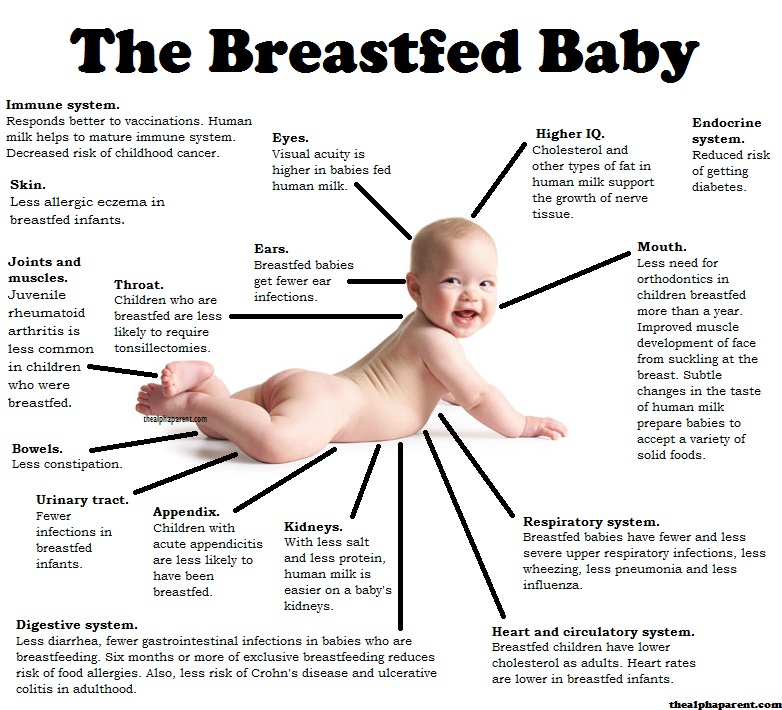Breastfeeding requires a very sophisticated coordination of muscle and movement.
In fact, it involves: ▫
-
6 cranial nerves
-
22 bones connecting at 34 sutures
-
60 voluntary & involuntary muscles
In the case of breastfeeding difficulty, as with many childhood disorders, the cause of the problem often traces back to undetected biomechanical injuries to the spine and cranium at birth. The baby’s positioning in the womb and/or birth trauma can alter the spine, cranium and jaw.
Subtle shifts can occur in a number of ways from physical, chemical or emotional stresses. Williams Obstetrics, agrees with the chiropractic viewpoint by stating, “the diameter of the woman’s pelvis is decreased when the sacrum is displaced” (Cunningham, Levano, Bloonm, Hauth & Roth).
In this circumstance the mother has a misalignment of the pelvis. This can interfere with the baby’s ability to attain the optimal positioning causing intrauterine constraint. Compression on nerves, joints and cranial bones can occur with this alteration in positioning. This in turn can affect feeding.
Some of the most common indicators of difficulty with breastfeeding are:
- Babies who cannot latch firmly
- Babies who can latch and not sustain sucking
- Babies who are unable to smoothly coordinate suckling, swallowing, and breathing
- Babies who can feed in only one position
- Babies who seem dissatisfied when nursing or who remain fussy and distressed throughout the day
- Babies who chew and damage the mother’s nipples
- Babies who may not feed any better from other devices
Gentle chiropractic adjustments to the newborn help restore alignment and motion caused by abnormal positioning in the uterus, intrauterine constraint, and spinal distress from the journey through the birth canal or during the delivery process itself – making it easier for baby to feed.





